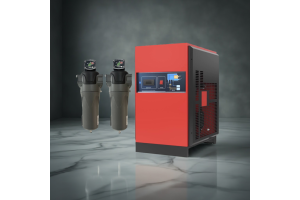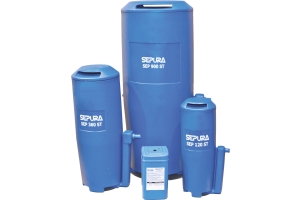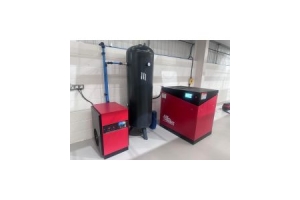- Home
- Our Categories
- Nano-Speed, 2.2-7.5Kw, Screw Compressor
- Micro-VARI-Speed MT Series, Variable Speed, Rotary Screw Air Compressors
- ECO-Fixed-Speed T Series, Rotary Screw Air Compressor
- VARI-Speed PMT Series, Variable Speed, Rotary Screw Air Compressors
- VARI-Speed PMF Series, Variable Speed, Rotary Screw Air Compressors
- Airwave, Refrigerated Dryers for Compressed Air
- Refrigerated Dryers for Compressed Air, Water Removal
- Adsorption Dryers, -40, -70 Degrees, Compressed Air
- PRO-TEK, Oil Free Compressors,
- Belt Drive Piston Compressors
- ABAC, Fixed - Variable Speed, Rotary Screw Air Compressors,
- Prevost, Pipework Systems, 100% Aluminium & D.I.Y Kits
- Filtration and Drainage Solutions, Compressed Air
- Reconditioned Air Compressors
- Bambi Air Compressors, Ultra Quiet + Oil Free
- Vertical Air Receivers, Steel and Galvanised
- Oil-Water Environmental Condensate Treatment, Compressed Air
- Air Compressor Spares & Service Kits, Service videos, Compressor oil
- Quick Release Air Couplings, Manufactured by PCL and Prevost
- Retractable Hose Reels
- Air Blow Guns, PCL, Prevost, Compressed Air
- Rubber, PVC Hose, Nylon Tubing, Coiled Hoses, Clips
- Hose Tails, Straight & Tee Joiners
- Metric, Pneumatic, Push-In Fittings
- BSP Threaded Fittings, Elbows, Reducing Bush, Tee, Manifolds, Nipples
- Lever Ball Valves & Shut-Off Valves
- Air Tools
- Spray Painting Essentials
- Air Tyre Inflators
- Nitrogen Generators
- Air Compressor Hire
- Safety & Compliance by Law-Compressed Air
- Blog
- About us
- Shipping
- Comparison List
- Contact us
- Blog
- My Cart
Choosing the Right Type of Compressor
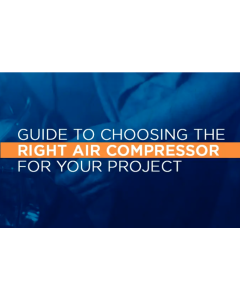
How to Choose the Right Air Compressor: Screw Compressors - Fixed-Speed, Variable-Speed, and Piston Compressors
When it comes to selecting the right air compressor for your needs, the choices can feel overwhelming. Fixed-speed screw compressors, variable-speed screw compressors, and piston compressors each have unique strengths suited to different applications. In this guide, we’ll break down these options to help you make an informed decision.
Whether you’re running a large manufacturing facility or a small workshop, this blog will help you understand which compressor type is best for your needs.
What Is an Air Compressor?
An air compressor is a device that converts power into potential energy stored as compressed air. It’s used in a variety of applications, from powering industrial machinery to inflating tires and spray painting. Choosing the right type of compressor depends on your specific requirements, including air demand, energy efficiency, and budget.
1. Fixed-Speed Screw Compressors
What Are They?
Fixed-speed screw compressors operate at a constant speed, delivering a steady supply of compressed air. These compressors are commonly used in environments where air demand remains stable.
Key Benefits:
- Consistency: Provides reliable, uninterrupted airflow.
- Durability: Designed for continuous operation in demanding environments.
- Lower Initial Cost: Typically more affordable than variable-speed models.
Best for:
- Manufacturing facilities
- Automotive workshops
- Applications requiring steady air pressure
Pro Tip: If your air demand is consistent, a fixed-speed screw compressor offers reliable performance at a lower upfront cost.
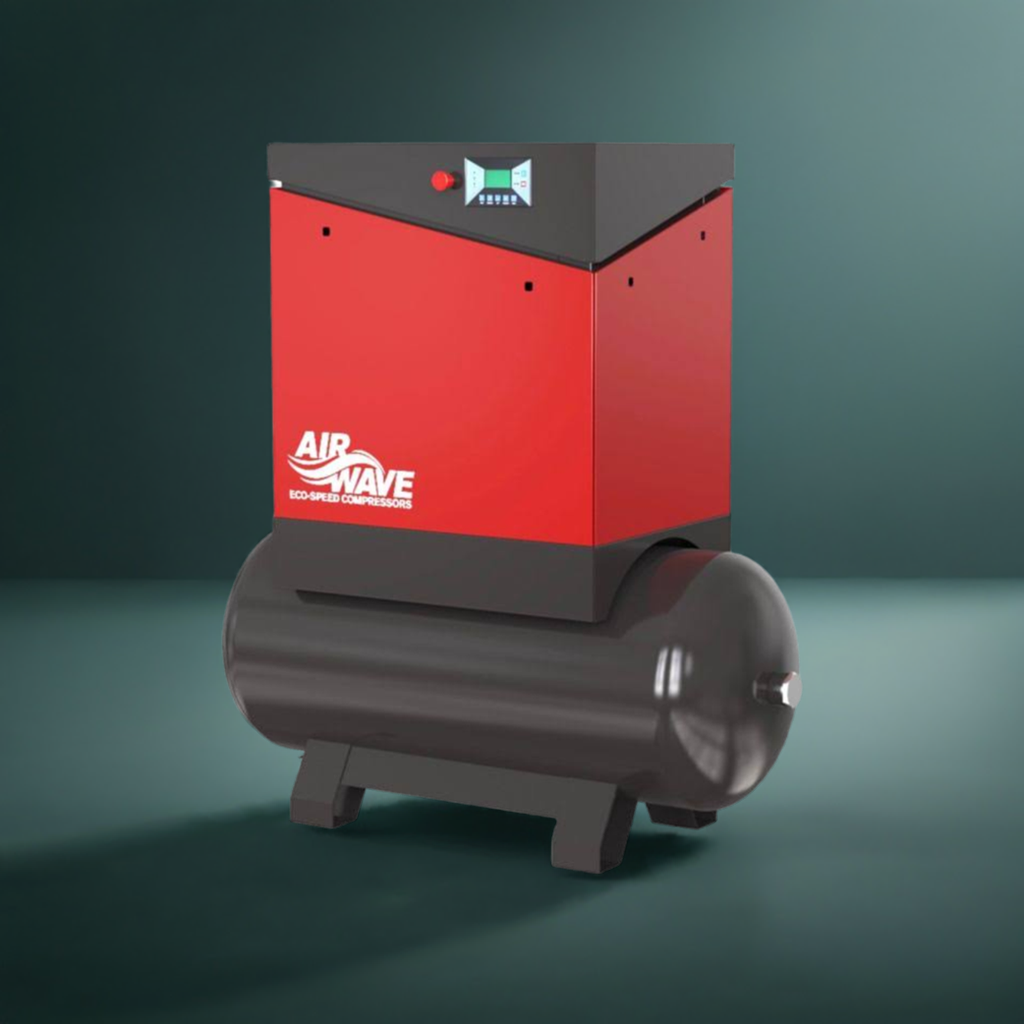 Please Click Here To See Our Range Of Fixed Speed Screw Compresssors
Please Click Here To See Our Range Of Fixed Speed Screw Compresssors
2. Variable-Speed Screw Compressors
What Are They?
Variable-speed screw compressors adjust their motor speed based on real-time air demand. This flexibility makes them highly energy-efficient for applications where air usage fluctuates.
Key Benefits:
- Energy Savings: Reduces power consumption during low-demand periods.
- Extended Lifespan: Lower speeds reduce wear and tear on components.
- Precision: Delivers the exact air volume needed at any given time.
Best For:
- Facilities with fluctuating air demand
- Businesses looking to optimize energy costs
- Dynamic industries like textiles, packaging, or pharmaceuticals
Pro Tip: Although the initial cost is higher, the energy savings over time often make variable-speed screw compressors a more cost-effective choice.
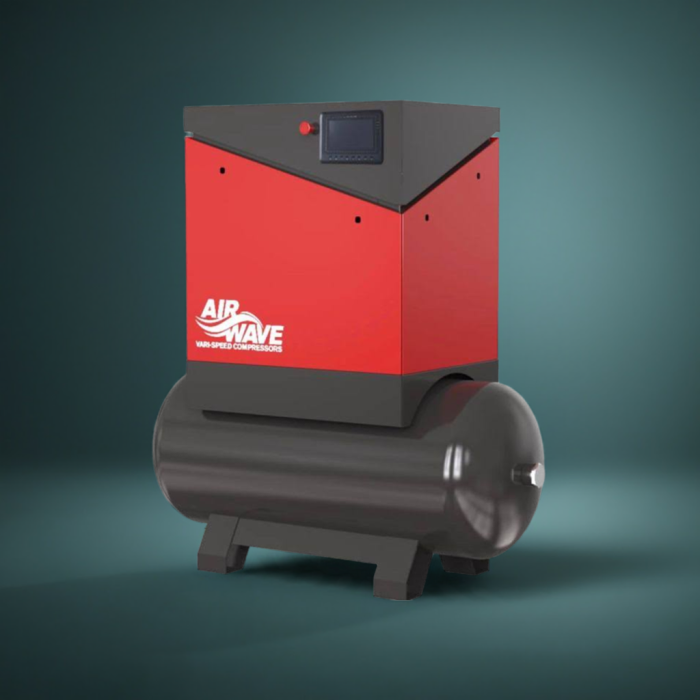 Please Click Here To See Our Range Of Variable Speed Screw Compressors
Please Click Here To See Our Range Of Variable Speed Screw Compressors
3. Piston Compressors
What Are They?
Also known as reciprocating compressors, piston compressors use a piston driven by a crankshaft to compress air. They are compact, cost-effective, and suitable for smaller-scale applications.
Key Benefits:
- Affordability: Lower purchase price compared to screw compressors.
- Portability: Often lightweight and easy to transport.
- High Pressure: Capable of producing high-pressure air for specialized tasks.
Best For:
- Small workshops and garages
- Intermittent use, such as inflating tires or powering pneumatic tools
- DIY and hobbyist projects
Pro Tip: Piston compressors are perfect for short, occasional tasks but are not designed for continuous operation.
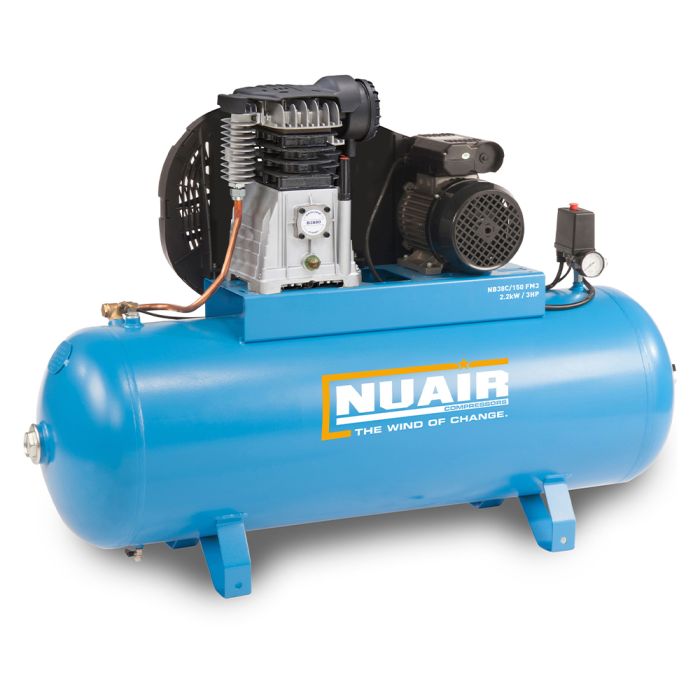 Please Click Here To See OUr Range Of Piston Compressors
Please Click Here To See OUr Range Of Piston Compressors
How to Choose the Right Air Compressor
Selecting the best air compressor for your needs depends on several factors:
- Air Demand: Determine the amount of air you need (measured in CFM). Fixed-speed screw compressors are ideal for steady demand, while variable-speed models work best for fluctuating requirements.
- Energy Efficiency: If reducing energy costs is a priority, consider investing in a variable-speed screw compressor.
- Usage Frequency: For intermittent use, a piston compressor is often the most economical choice.
- Noise Levels: Screw compressors are quieter than piston compressors, making them better for noise-sensitive environments.
- Budget Factor in both the upfront cost and long-term operating expenses, such as energy consumption and maintenance.
FAQs About Air Compressors
Q: What’s the difference between a fixed-speed and variable-speed screw compressor?
A: Fixed-speed compressors operate at a constant speed, making them ideal for steady air demand. Variable-speed compressors adjust to fluctuations, saving energy and reducing wear.
Q: Can I use a piston compressor for continuous operation?
A: Piston compressors are best for intermittent use. For continuous operation, consider a screw compressor instead.
Q: How do I calculate my air demand?
A: Add up the CFM requirements of all tools or equipment that will run simultaneously. It’s always a good idea to choose a compressor with slightly higher capacity to ensure smooth operation.
Conclusion: Find the Right Compressor for Your Needs
Choosing the right air compressor is crucial for ensuring efficiency, reliability, and cost-effectiveness.
For steady, continuous air demand, a fixed-speed screw compressor is the way to go.
For fluctuating air needs and energy efficiency, opt for a variable-speed screw compressor.
For small-scale or intermittent tasks, a piston compressor offers an affordable and portable solution.
Still unsure which compressor suits your needs? Contact our team of experts today for personalized guidance.
Please Click Here To Contact Us
Boost Your Operations with the Right Air Compressor
Ready to invest in an air compressor? Browse our wide selection of fixed-speed screw compressors, variable-speed screw compressors, and piston compressors to find the perfect fit for your needs.







